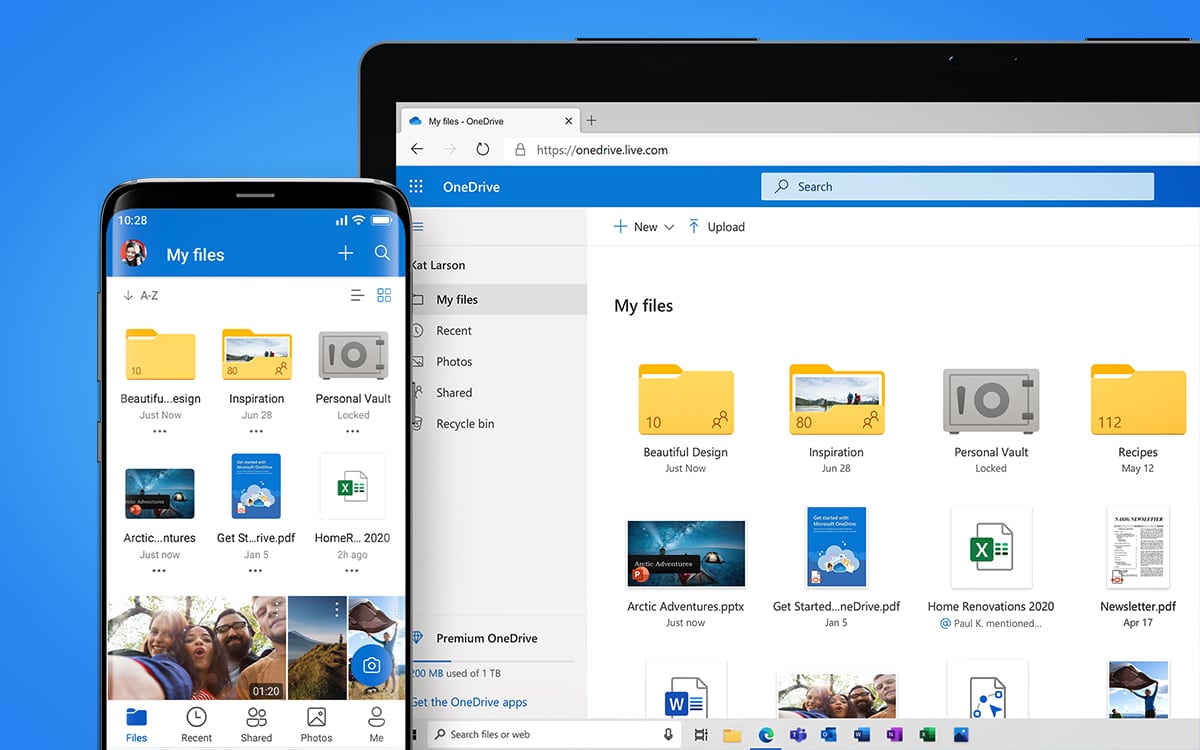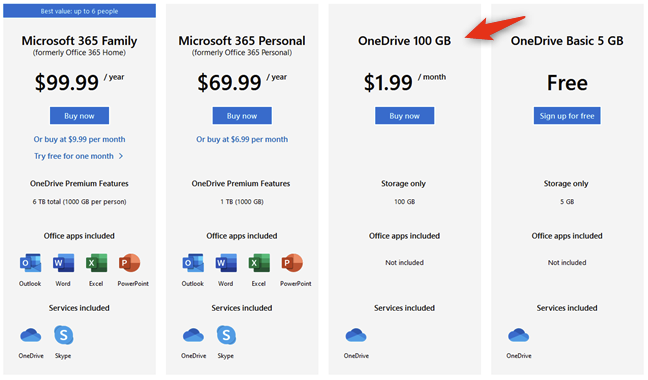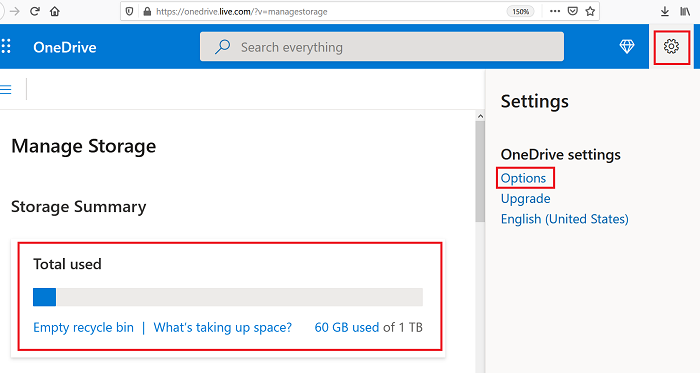

The server file would remain intact and not be affected by any user’s account being deleted. But if the data Jim uploaded were on SharePoint, it wouldn’t matter. Doing it would mean all the data Jim uploaded would go along with it. In this case, the company must think twice before deleting Jim’s account. However, Jim decides to leave the company.

Collaboration is happening throughout the team. Everything’s working fine, as Jim has provided access to other team members. Suppose Jim uploads important data to OneDrive. Here’s an example to better understand filer servers and SharePoint. An advantage of server files on a SharePoint site is that the data is not tied to any user. Scenario 2: Another scenario is data stored on SharePoint, where it’s technically considered a server file.So, you can choose to migrate your file server data to OneDrive, shifting from on-premises to the cloud. If your data is stored on a file server, you’ll be able to collaborate within a private on-premises network, but your data won’t be on the cloud. Scenario 1: File servers are generally an on-premises phenomenon.With file servers like OneDrive and Microsoft 365, we’re presented with two scenarios: OneDrive for Business lets all team members access, share, co-author, and do much more with data on the cloud. The reason is simple: the scale at which enterprises operate demands more than just storing data. And OneDrive for Business is cloud storage on steroids. More control and security within OneDrive for BusinessĬloud storage and file servers OneDrive for Business and cloud storage.Where does OneDrive for Business store files?.A central location that stores all of your files.We’ll also cover the utilities that make OneDrive for Business a unique product for companies looking to collaborate online. Let’s take a closer look at what the “enterprise version” of OneDrive does. In short: Microsoft aims to capture the spirit of collaboration with OneDrive for Business. It provides multiple additional utilities such as co-authoring files and advanced control over internal and external sharing known as Folder Moves. OneDrive for Business is a powerful tool for collaborating inside and outside your organization.

That’s probably why the average person mostly uses it to store data on the cloud and doesn’t think of collaborating on OneDrive for Business much.Īlso, the term “OneDrive for Business” might confuse people into thinking they’re getting more space with their business plans. Here, we dive deeper into its key features and capabilities, explaining why IT admins should adopt it.įor most of us, our interaction with OneDrive is limited to that free 5GB personal cloud storage we get after creating a new account. Beyond cloud storage, the “enterprise version” of OneDrive is a powerful, secure tool for online collaboration.


 0 kommentar(er)
0 kommentar(er)
